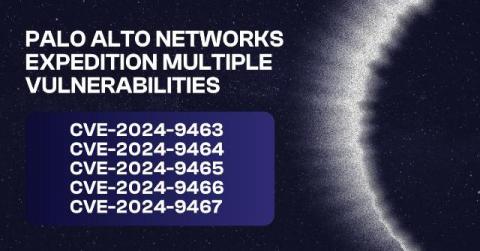How to Combat Alert Fatigue to Retain and Empower Your Security Teams
In the high-stakes world of cybersecurity, organizations must ensure that their teams not only protect the organization but also stay motivated and productive. One of the most insidious threats to achieving this goal is alert fatigue. When analysts are bombarded with thousands of security alerts daily, they risk becoming overwhelmed and disillusioned in their roles.





